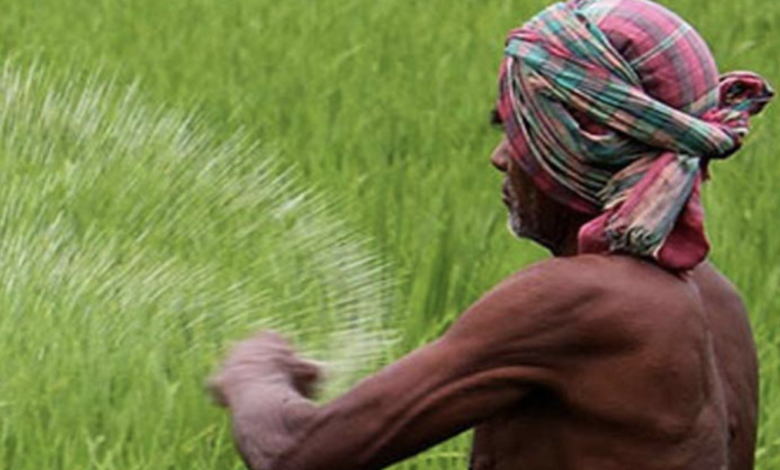CCEA Approves Unique Package to Revolutionize Farming and Ensure Sustainability

New Delhi, June 28, 2023 – The Cabinet Committee on Economic Affairs (CCEA), chaired by Prime Minister Narendra Modi, has given the green light to a groundbreaking package of innovative schemes aimed at transforming the agricultural sector and promoting sustainable farming practices. With a total outlay of Rs. 3,70,128.7 crore, this comprehensive bouquet of initiatives is designed to enhance the overall well-being of farmers, rejuvenate soil productivity, and ensure food security while prioritizing environmental sustainability.
One of the key approvals by the CCEA is the continuation of the Urea Subsidy Scheme, which guarantees the availability of urea to farmers at a fixed price of Rs. 242 per 45 kg bag, excluding taxes and neem coating charges. A staggering amount of Rs. 3,68,676.7 crore has been allocated for urea subsidy over the next three years (2022-23 to 2024-25). This commitment by the government will significantly alleviate the financial burden on farmers and help maintain stable input costs. Furthermore, the move towards self-sufficiency in urea production is expected to maximize domestic output, reducing dependency on imports.
To exemplify the model of wealth from waste and promote sustainable agriculture, the CCEA has approved Rs. 1451 crore for the Market Development Assistance (MDA) Scheme. This funding will be utilized to utilize Parali (crop residue) and organic manure from Gobardhan plants to enrich soil fertility and maintain a clean and safe environment.
Addressing the issue of sulphur deficiency in soil and aiming to reduce input costs for farmers, the CCEA has introduced Sulphur coated Urea, also known as Urea Gold. This innovative fertilizer is more cost-effective and efficient compared to conventional urea, providing a solution to sulphur deficiencies in soil and boosting farmers’ income through enhanced production and productivity.
In another major development, the CCEA announced the launch of the Pradhan Mantri Kisan Samruddhi Kendras (PMKSKs), with one lakh such centers already established across the country. These centers will serve as one-stop solutions for farmers, providing easy access to a comprehensive range of farm inputs and services.
The approved package also includes the Pradhan Mantri Programme for Restoration, Awareness Generation, Nourishment, and Amelioration of Mother Earth (PMPRANAM). This initiative aims to incentivize states and union territories to promote alternate fertilizers and encourage balanced use of chemical fertilizers, thereby fostering natural and organic farming practices.
By supporting the marketing of organic fertilizers, the MDA scheme will provide financial assistance of Rs. 1500 per metric ton to promote the use of fermented organic manures and other bio-based fertilizers derived from the GOBARdhan initiative. This will not only address the challenge of crop residue management but also contribute to environmental preservation and offer an additional source of income for farmers.
Moreover, the CCEA has underscored the importance of natural farming as a sustainable agricultural practice. To promote this approach, 425 Krishi Vigyan Kendras (KVKs) have demonstrated natural farming practices and conducted over 6,777 awareness programs involving 6.80 lakh farmers. Furthermore, course curricula for natural farming have been developed for BSc and MSc programs, which will be implemented from the upcoming academic session.
The approval of these schemes by the CCEA marks a significant step towards transforming the agricultural landscape, ensuring the prosperity of farmers, and safeguarding the environment. The judicious use of chemical fertilizers, coupled with the promotion of organic farming and innovative alternatives, will enhance soil health, improve crop productivity, and reduce input costs for farmers. With a focus on sustainable practices, the government aims to achieve self-sufficiency in urea production, mitigate air and water pollution, and provide a better quality of life for farmers and the wider population.




